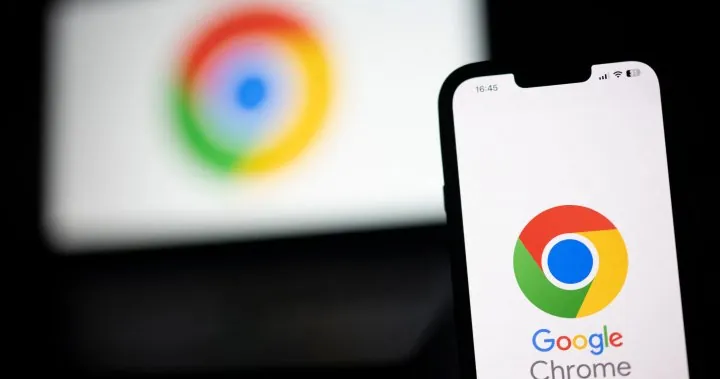
U.S. DOJ Demands Google Sell Chrome and Android to End Search Monopoly
2024-11-21
Author: Liam
U.S. DOJ Demands Google Sell Chrome and Android to End Search Monopoly
In a groundbreaking legal move, the U.S. Department of Justice (DOJ) has put forward a dramatic proposal demanding that Google parent company Alphabet must divest its Chrome browser and possibly the Android mobile operating system to dismantle its monopolistic hold over online search. This case, which is set to begin trial in April, could significantly change how the tech giant operates and reshape the landscape of information access for users.
According to prosecutors, Google controls approximately 90% of the search market in the U.S., leading to an unfair disadvantage for competitors. To counteract this, the DOJ's proposals include not only the sale of key products like Chrome and Android but also the requirement for Google to share its search data and results with rival companies.
The DOJ argues that Google's actions have stifled innovation and limited competition, stating in court filings, "Google's unlawful behavior has deprived rivals... of critical distribution channels." One primary focus is Google's exclusive agreements with device manufacturers, whereby it pays billions to maintain its search engine as the default option on devices produced by companies like Apple. These agreements are seen as a significant barrier for competitors trying to enter the market.
In response to the DOJ's recommendations, Google has reacted strongly. Kent Walker, Alphabet's Chief Legal Officer, described the proposals as "staggering" and warned that the government’s increased intervention would stifle innovation and hinder U.S. competitiveness in the global tech arena.
The upcoming trial is particularly noteworthy since it may face changes depending on the new regime following the election of President-elect Donald Trump and the incoming antitrust head. Meanwhile, the DOJ's proposals are extensive: they include a five-year ban on Google re-entering the browser market and strict limitations on future acquisitions within the search and advertising tech spaces.
Moreover, a five-member technical committee appointed by the judge would oversee compliance with any resulting court orders, granting it broad authority to request documents, conduct interviews, and scrutinize technology. Prosecutors aim to disrupt what they describe as a "perpetual feedback loop" that enables Google to maintain its dominance by leveraging an ever-expanding base of users and advertising revenue.
Publishers and web service providers will also gain new rights under the proposed framework, including the ability to opt out of being used in Google's AI training datasets, a move that advocates argue protects their interests in the burgeoning field of artificial intelligence.
This initiative has garnered support from industry competitors such as DuckDuckGo, which believe that these actions could significantly decrease barriers to competition. Kamyl Bazbaz, DuckDuckGo's head of public affairs, emphasized the importance of the case, stating that it could lead to a more equitable playing field for search engines.
As the legal battle unfolds, Google is expected to offer its alternative proposals in December. However, the DOJ is committed to ensuring that the tech industry's competition is not only preserved but also enhanced, signaling a potential shift in the regulatory landscape for big tech companies in the United States. The implications of this case could extend far beyond Google, potentially influencing tech policies worldwide.









 Brasil (PT)
Brasil (PT)
 Canada (EN)
Canada (EN)
 Chile (ES)
Chile (ES)
 España (ES)
España (ES)
 France (FR)
France (FR)
 Hong Kong (EN)
Hong Kong (EN)
 Italia (IT)
Italia (IT)
 日本 (JA)
日本 (JA)
 Magyarország (HU)
Magyarország (HU)
 Norge (NO)
Norge (NO)
 Polska (PL)
Polska (PL)
 Schweiz (DE)
Schweiz (DE)
 Singapore (EN)
Singapore (EN)
 Sverige (SV)
Sverige (SV)
 Suomi (FI)
Suomi (FI)
 Türkiye (TR)
Türkiye (TR)